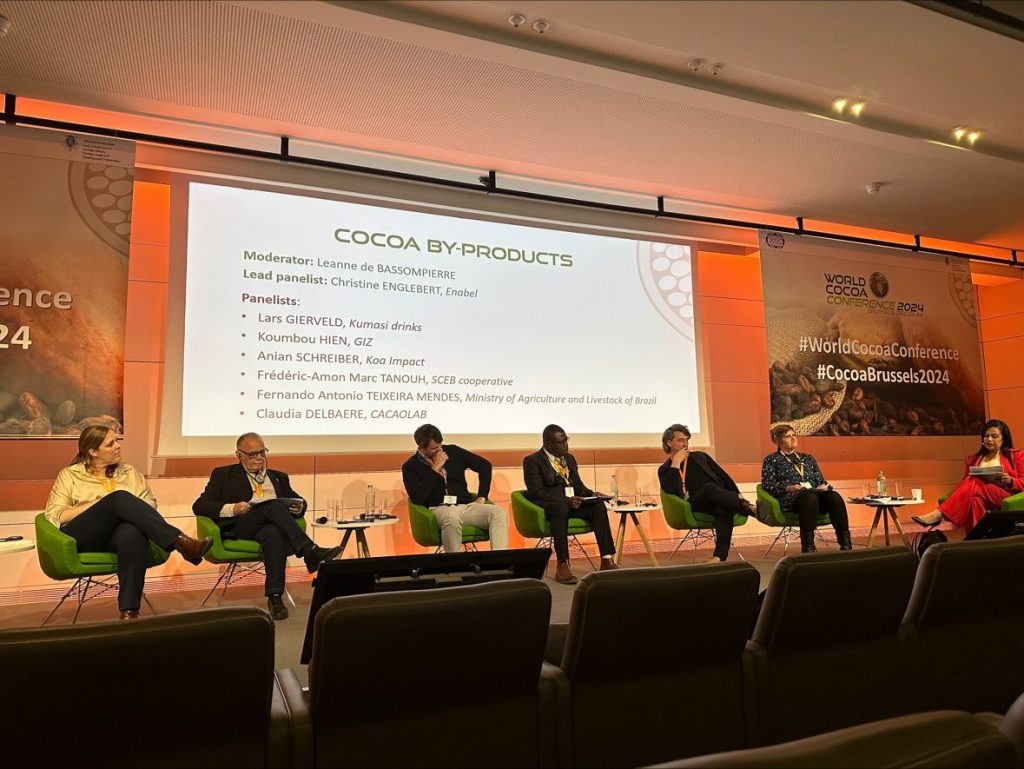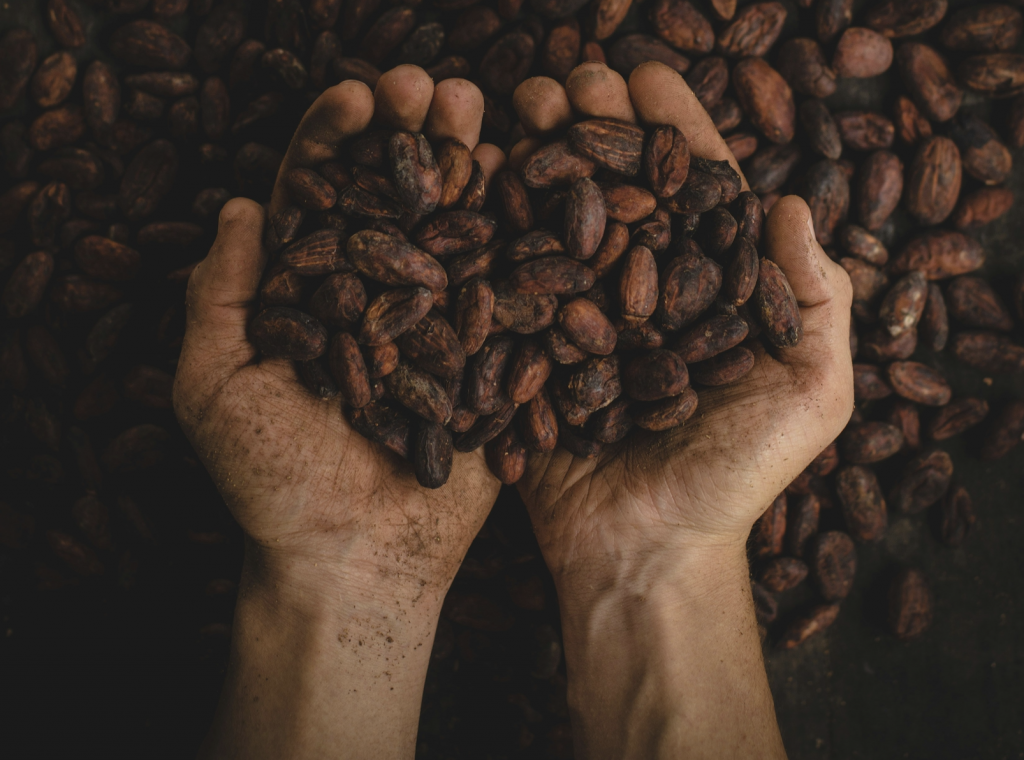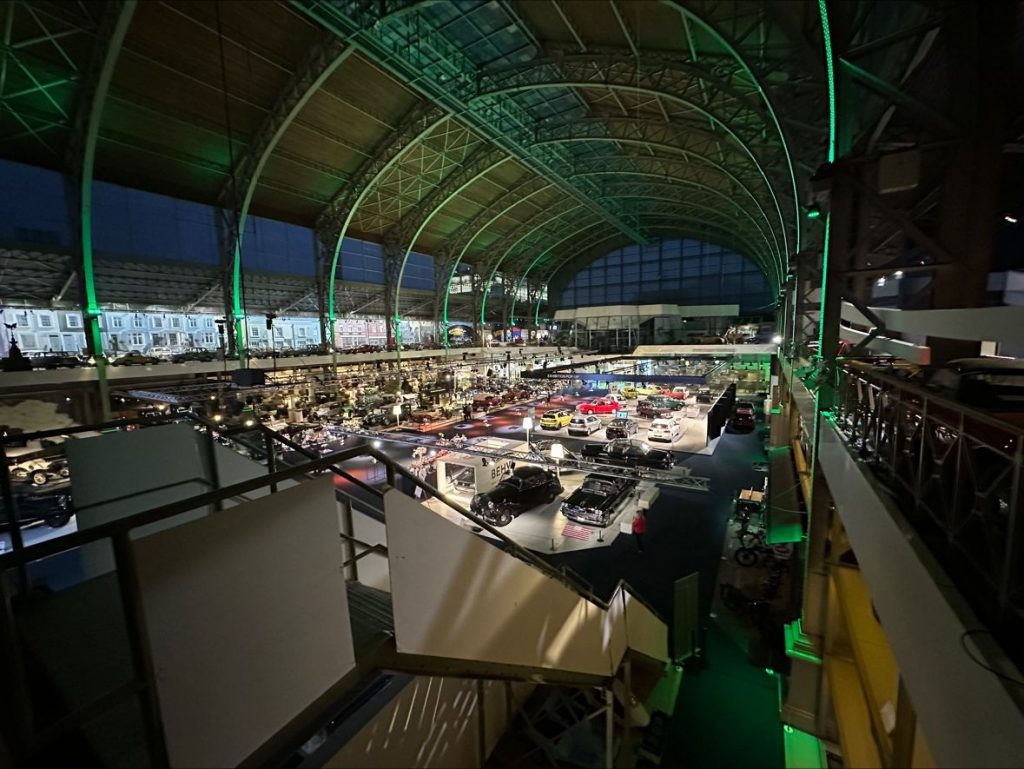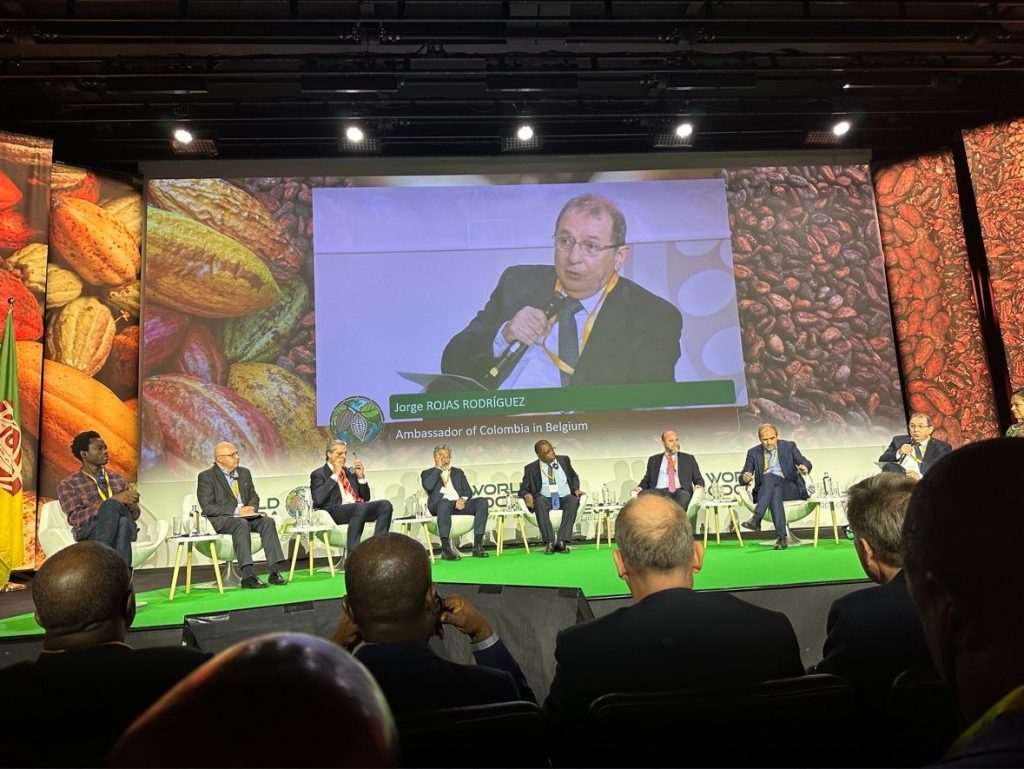During the last week of April, we travelled to Belgium where the nation’s capital of Brussels was host to the fifth edition of the World Cocoa Conference. This year’s edition was very well attended, and it was nice to meet up with old friends as well as new contacts! We’ll give you a short recap with some of the event’s highlights.
World Cocoa Conference
The World Cocoa Conference (WCC) is a ground-breaking networking event created by the International Cocoa Organization (ICCO) and launched in 2012 in Abidjan, Côte d’Ivoire.
After four successful editions held in Africa, Europe and Latin America, and following the cancellation of the fifth edition of the Conference to be held in Bali (Indonesia) due to issues arising from the COVID-19 pandemic, the leading event for the global cocoa and chocolate sector is back – bringing together all the stakeholders of the cocoa value chain – governments, cocoa farmers, cooperatives, exporters, traders, manufacturers, brands, retailers, financial institutions, logistics companies, international aid and development agencies, academics, et cetera from across the world to exchange views and identify solutions for the sustainability of the sector.
“It offered a great opportunity to meet interesting people from all across the supply chain”, says George Bradshaw, Agiboo senior account manager – “Including farmers, traders, several clients and the big players such as Nestle and Cargill.”

Cocoa Complexities
The international cocoa industry is a very complex framework, from the ICCO as a governing body and all of its stakeholders down to the farmers, producers, artisans and consumers. As such, the event is both political as well as commercial, neatly underscored by the fact that her majesty Queen Mathilde of Belgium was in attendance as well.
Of course, Belgium is an important market for chocolatiers, but the presence of royalty was not merely for appearances. Having just returned from the Republic of Côte d’Ivoire, the leading cocoa-producing economy, the queen highlighted the huge income gap between farmers and all other parties down the supply chain, given that as much as 95 percent of the final price ends up in the hands of producers, distributors, merchants and chocolateries. “Fairness demands an increase in the price paid to cocoa farmers”, she said, while stressing that the goal is not only reducing poverty and eradicating income inequality, but sustainability as well. “Prices and sustainability are two sides of the same coin.
“I do not forget the messages that were given to me in Côte d’Ivoire by the actors in the sector. Let cocoa become sustainable, which means decent work and remuneration for the producers, children who can go to the school, and forests which are preserved. I have no doubt that this conference will make it possible to better understand all the issues linked to these different objectives.” – Queen Mathilde of Belgium.
Indeed, an important topic at the very centre of the event was of course the record-high price of cocoa. As developments on the production side, climate change and the dynamics of hedging have taken hold, the international event comes at a very interesting moment of volatility in the market for cocoa. After a rather steady rise in the price of cocoa beans over the last few years, we’ve soon huge spikes in the last month – with future contracts setting new heights by more than doubling in the last quarter alone.
Even if prices recede from current levels, they are likely to remain elevated for years to come. Price levels are driven by a record supply crunch heading into its third year – as the International Cocoa Organization expects production to fall short in 2024 as well. Barry Callebaut expects the gap to be as big as 10 percent of the market.

Paying more for a Sustainable Cocoa
With ‘Paying More for a Sustainable Cocoa’ being the main theme of the conference, ‘prices’ where indeed a huge part of the event. Obviously current price levels were discussed, as was the difficulty to enter a market where several big corporations dominate that price game, and the fact that there is no guarantee we will see some normalcy in overall price levels in the foreseeable future. Moreover, the almost unprecedented market volatility has its ripple effects as well – such as increased fraud with traders rigging scales, and a steep increase in theft from storage facilities. The rise in theft is even forcing some farmers to harvest immature cocoa to mitigate potential losses.
The conference aimed to serve as a tool to identify the economic, social, and environmental challenges of the cocoa sector, to assess the efficiency of stakeholders’ initiatives to address these issues, and to adapt future strategies. Thanks in part to current developments and the overall theme, there was a clear focus on the need for sustainable as well as more equitable production of cocoa – for starters by decreasing consistent disparities and increasing income for farmers. In the cocoa chain, increasing attention is being paid to sustainability. This is reflected, among other things, in the sustainability of the production conditions of the cocoa farmers themselves – but we have some ground to cover yet. Fair compensation is very much an essential part of the long-term sustainability of the cocoa industry.
In the end, many relevant issues and topics were on the agenda, including a platform for African smallholder farmers to be heard – covering many of the same topics as Queen Mathilde had in her speech. A unique opportunity to present the progress made in initiatives and novelties, while engaging in constructive discussions on a wide range of relevant topics. Overall, it was a fantastic conference, and the venue for the Gala Dinner was very special.

Cocoa & Agiblocks
In Agiblocks, cocoa is one of four Specialized Commodities. In a previous entry, we briefly talk about the history of the product and several aspects that help explain why cocoa is such a complex commodity – before turning the spotlight on Agiblocks’ prowess to handle that complexity in ways that no other CTRM solution can.

